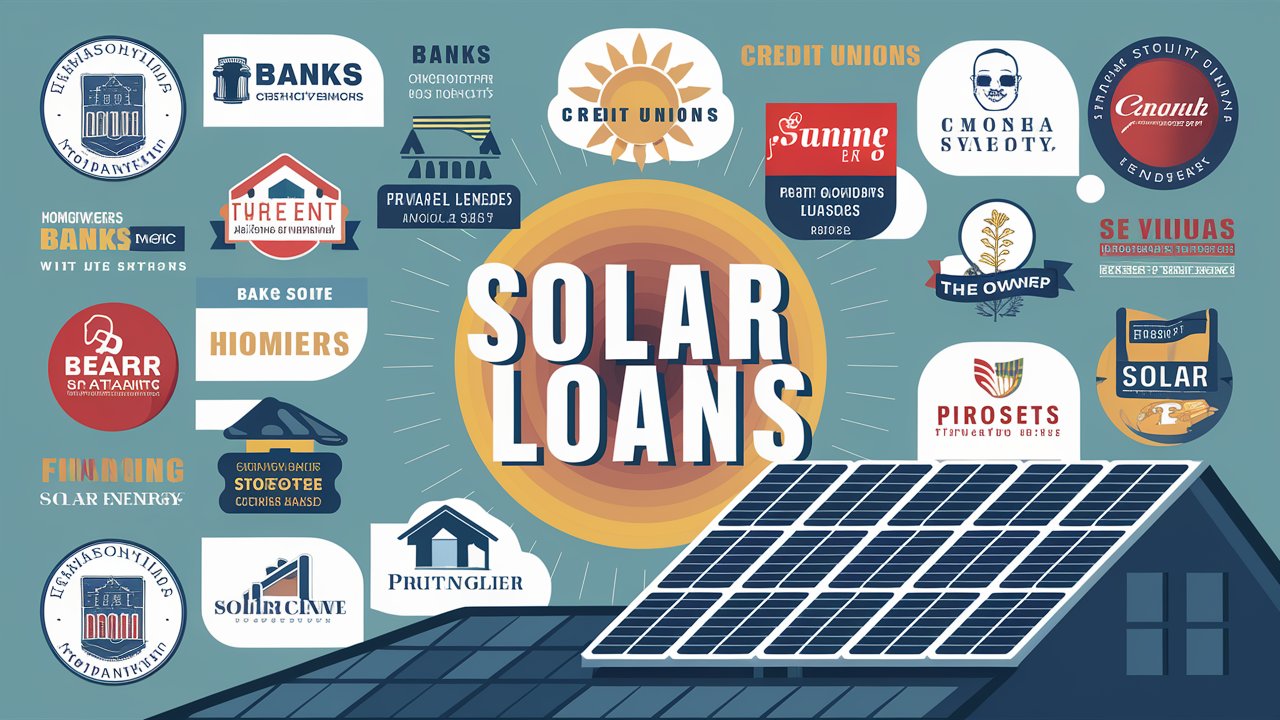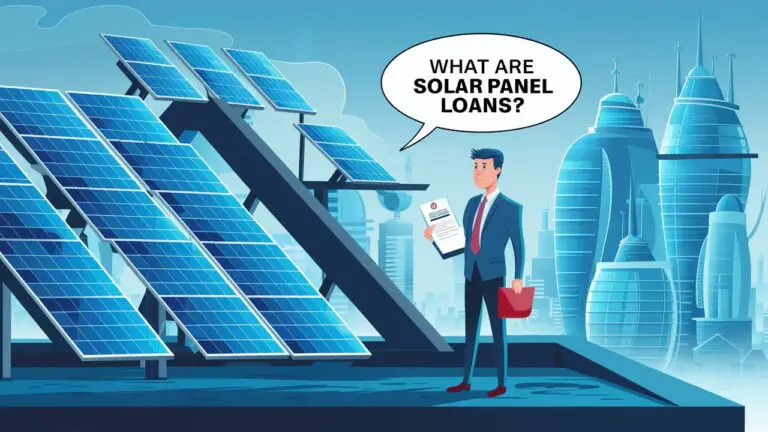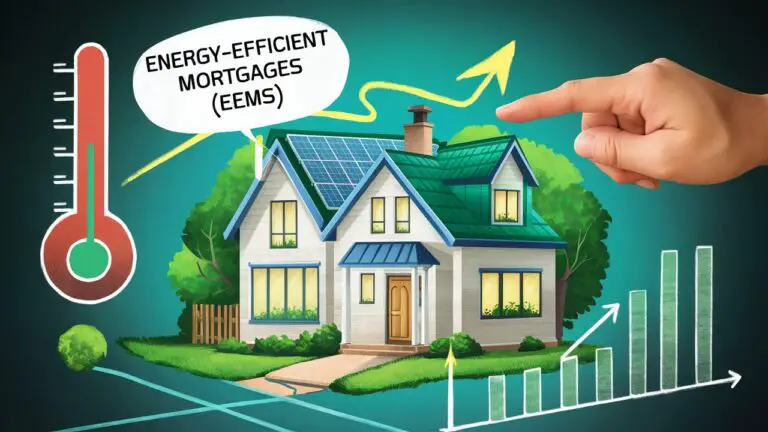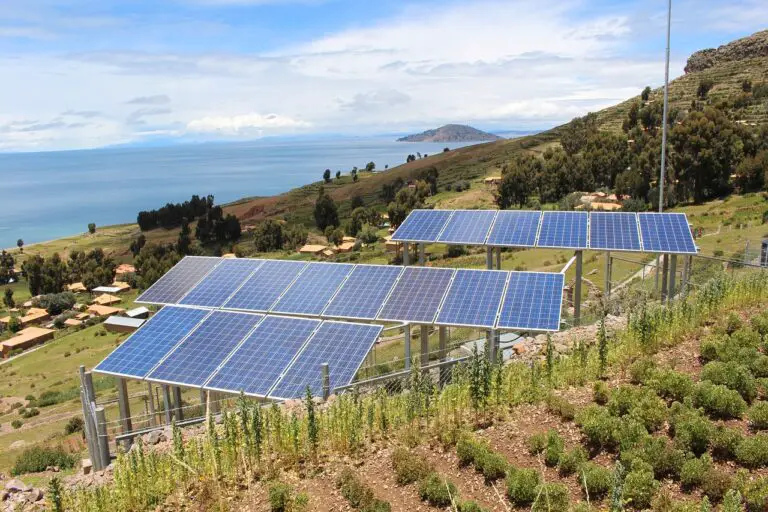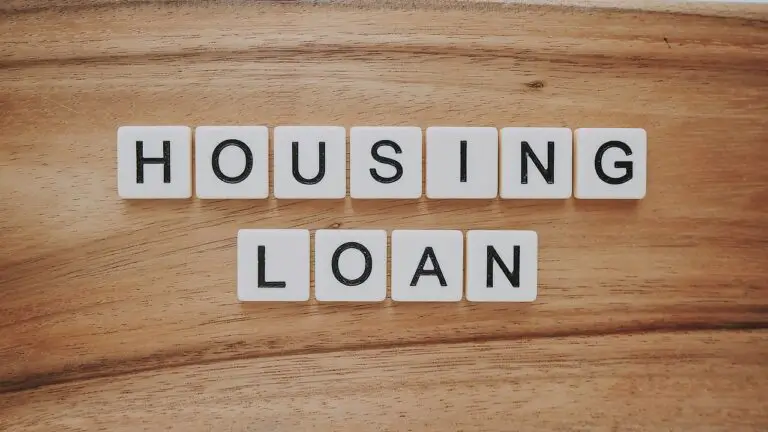Government Programs and Incentives for Solar Panel Loans
Transitioning to solar energy is a smart choice for both environmental and financial reasons. Government programs and incentives for solar panel loans can significantly ease the financial burden of installing solar panels. This article delves into the various programs available, how they work, and their benefits.
Understanding Government Incentives for Solar Panel Loans
Government incentives play a crucial role in promoting the adoption of solar energy. These incentives can be in the form of direct loans, tax credits, and rebates. By reducing the upfront costs of installing solar panels, these programs make solar energy more accessible for homeowners.
Federal Solar Investment Tax Credit (ITC)
The Federal Solar Investment Tax Credit (ITC) is one of the most significant incentives available in the United States.
- Overview: The ITC allows you to deduct 30% of the cost of installing solar panels from your federal taxes. This credit applies to both residential and commercial solar installations.
- Eligibility: To qualify, you must own the solar panel system and it must be installed on a property you own.
- Benefits: By reducing the overall cost of installation, the ITC accelerates the return on investment and makes solar energy more affordable.
For more detailed information on the ITC, you can visit the U.S. Department of Energy’s ITC page.
State-Specific Solar Incentives
Each state has its own set of solar incentives, which can include rebates, tax credits, and performance-based incentives.
- Overview: State incentives vary widely. Some states offer rebates based on the size of your solar system, while others provide tax credits or performance-based incentives.
- Eligibility: Eligibility requirements depend on the specific program and the state you reside in. Generally, you need to ensure that your solar system meets the state’s standards.
- Benefits: State incentives can further reduce the cost of installation and may also offer additional financial benefits.
You can check your state’s specific incentives through the Database of State Incentives for Renewables & Efficiency (DSIRE).
Green Home Improvement Loans
Green home improvement loans are designed to finance eco-friendly upgrades, including solar panel installations.
- Overview: These loans are often offered at lower interest rates compared to traditional loans. They are specifically intended for energy-efficient home improvements.
- Eligibility: Homeowners need to meet specific criteria, including a good credit score and proof that the loan will be used for eligible improvements.
- Benefits: By taking advantage of these loans, you can spread the cost of solar panel installation over time, making it more manageable.
For additional details, visit the U.S. Department of Housing and Urban Development (HUD) Green Mortgage Program.
Applying for Solar Panel Loans and Incentives
Navigating the application process for solar panel loans and incentives can seem daunting. However, understanding the steps involved can simplify the process.
Gathering Necessary Documentation
Before applying for a solar panel loan, gather all required documents.
- Documentation: This includes proof of income, credit history, and details about your solar panel system.
- Importance: Proper documentation helps streamline the application process and increases your chances of approval.
- Tips: Organize your documents in advance to avoid delays.
Choosing the Right Lender
Selecting the right lender is crucial for securing favorable loan terms.
- Comparison: Compare loan offers from different lenders to find the best interest rates and terms.
- Research: Look for lenders who specialize in green home improvement loans or solar panel financing.
- Considerations: Evaluate factors such as fees, repayment terms, and customer reviews.
Applying for Incentives
Applying for incentives involves a few key steps.
- Research: Identify which incentives you qualify for and understand their application processes.
- Application: Follow the specific application procedures for each incentive, which may include submitting forms and proof of installation.
- Follow-Up: Monitor the status of your application and address any additional requirements promptly.
Benefits of Government Programs for Solar Panel Loans
Government programs and incentives offer several benefits that make solar panel installation more attractive.
Reduced Upfront Costs
One of the primary advantages of government programs is the reduction in upfront costs.
- Impact: By lowering the initial expense of installing solar panels, these programs make solar energy more accessible to a broader audience.
- Savings: The savings on installation costs can be significant, making solar energy a more financially viable option.
Increased Return on Investment
Government incentives can accelerate the return on investment (ROI) for solar panel systems.
- Faster Payback: With reduced installation costs, homeowners can recoup their investment more quickly.
- Enhanced Savings: Over time, the savings on energy bills contribute to a higher overall return on investment.
Environmental Impact
By encouraging the adoption of solar energy, government programs contribute to a positive environmental impact.
- Reduced Carbon Footprint: Solar energy reduces reliance on fossil fuels, leading to a decrease in greenhouse gas emissions.
- Sustainable Energy: Investing in solar panels supports the growth of renewable energy sources.
Common Misconceptions About Solar Panel Loans and Incentives
Despite the benefits, several misconceptions about solar panel loans and incentives persist.
Misconception: Solar Panel Loans Are Too Expensive
Some people believe that solar panel loans are too costly.
- Reality: Many green home improvement loans offer competitive interest rates, making them an affordable option for financing solar panel installations.
- Comparison: It’s essential to compare different loan offers to find the best deal.
Misconception: Incentives Are Difficult to Qualify For
Another misconception is that qualifying for incentives is challenging.
- Reality: While eligibility requirements vary, many homeowners can qualify for at least some incentives with proper documentation and meeting basic criteria.
- Resources: Utilize resources like DSIRE to understand available incentives and their requirements.
Misconception: Solar Panels Are Not Worth the Investment
Some individuals doubt the value of investing in solar panels.
- Reality: With government incentives and long-term savings on energy bills, solar panels can provide substantial financial and environmental benefits.
- Evaluation: Assessing the total cost versus long-term savings can help you see the value of the investment.
Conclusion
Government programs and incentives for solar panel loans are invaluable resources for making solar energy more accessible and affordable. By taking advantage of these programs, homeowners can reduce installation costs, enjoy financial benefits, and contribute to a more sustainable future.
For more information on government incentives and loan options, visit the U.S. Department of Energy, Database of State Incentives for Renewables & Efficiency (DSIRE), and the HUD Green Mortgage Program.

